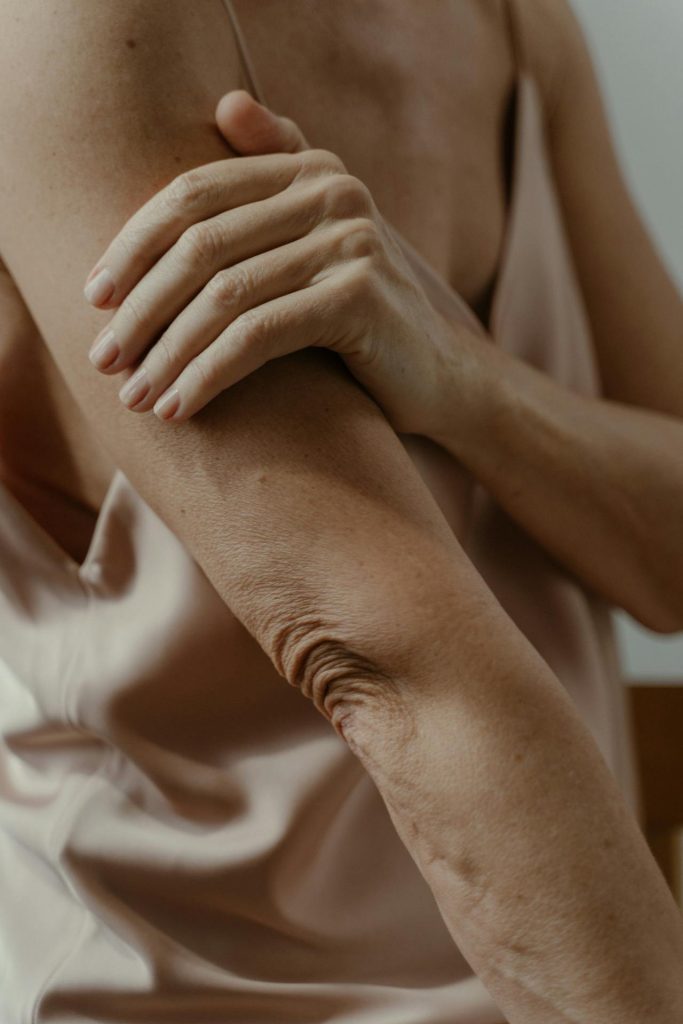Taking care of the muscles in your arms, legs and core is important, but Mount Vernon physical therapy can help with lesser-known muscle disorders in the body as well. Experts estimate that millions of people in the United States have at least one disorder of the temporomandibular joint, also known as TMJ. This is the joint that connects your jaw to your skull, and it works every day as you eat, drink and speak. If you have clicking or pain in your jaw, physical therapy can help.
Table of Contents
About TMJ Disorders
There are two temporomandibular joints on either side of your face. They operate like hinges. These joints and the muscles surrounding them allow the lower jaw, which contains your lower teeth and tongue, to open and close with your upper jaw, which contains your upper teeth and nose. There is enough flexibility in the joints to move your lower jaw forward and backward as well.
TMJ disorders can have many possible causes. These include:
- Poor alignment of the lower and upper jaw
- Jaw injuries
- Chronic stress
- Arthritis
- Posture
While some causes are environmental, some are genetic. Physical therapy near me can help by stretching the jaw muscles and examining the anatomy of your unique jaw to provide practical solutions.
Maximizing Comfort: The Benefits of TMJ Physical Therapy
The goal of TMJ physical therapy is to improve jaw health and make chewing, speaking and other activities comfortable. Here are a few of the techniques TMJ therapists use.
Stretching
You can stretch the muscles of your jaw to provide comfort and relief, just like you can stretch your legs after a long run to prevent future injuries. Most people have stretched their legs, arms and shoulders at least once in their lives but have never stretched their jaw muscles.
A physical therapist may open and close your jaw and show you ways to massage your jaw muscles. Since TMJ causes very tight muscles and may involve genetically misaligned joints, it’s best to go to a professional rather than try to fix your TMJ problems yourself.
Posture
All of the muscles of the neck and upper back coordinate, so strains in this area may lead to jaw pain and tightness. Modern technology such as phones causes many people to bend their necks down for long stretches of time. This can lead to neck tightness and TMJ disorders. A physical therapist can help repair your posture for better overall health.
How to Locate a TMJ PT
Many physical therapists are familiar with TMJ techniques as it is a common pain condition. Make sure to look for a licensed physical therapist who lists TMJ as an area of practice on their website. You can also call to ask a facility if it has a therapist who specializes in TMJ concerns.
The Benefits of TMJ Physical Therapy
Jaw pain typically gets worse over time if left untreated. In only a few sessions with a physical therapist, many patients find significant and noticeable relief from pain and clicking symptoms. Make an appointment with Kirkland physical therapy to protect the health of this key joint.





